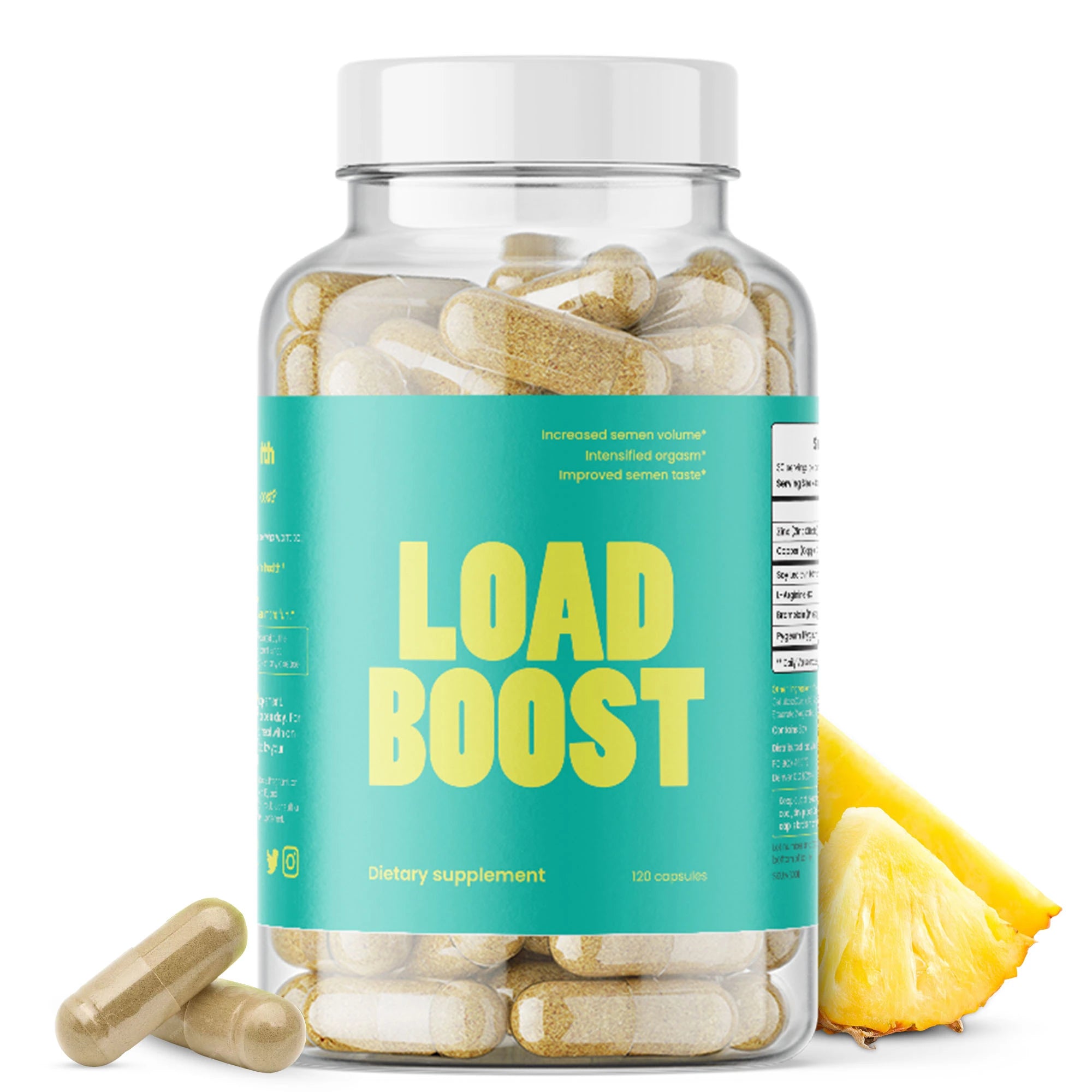The Bristol Stool Chart is an insightful tool for evaluating and understanding our bowel health, offering a visual guide to various stool types and what they may indicate about our digestive system.
Among these, Bristol Type 5 poop, characterized by soft blobs with clear-cut edges, suggests a slightly quicker than average bowel transit time. While still within the range of normal, it offers valuable clues about dietary habits and digestive health.
What Is Bristol Type 5 Poop?
Bristol Type 5 consists of soft blobs with clear-cut edges, which are passed easily. This stool type indicates a faster transit through the colon, often the result of a high-fiber diet. While it signals efficient digestion, it may also point to a need for slight dietary adjustments to ensure optimal nutrient absorption.
Causes and Health Implications
Dietary Influences
A diet rich in fiber, particularly from fruits and vegetables, can lead to Type 5 stools. Fiber accelerates bowel transit, enhancing waste elimination but also requiring a balance to ensure nutrients are adequately absorbed.
Hydration Levels
Proper hydration is essential in maintaining soft, easy-to-pass stools. Water works in tandem with dietary fiber, facilitating smoother bowel movements and preventing constipation.
Health Conditions
Occasionally, Type 5 poop might indicate overly rapid digestion or a minor digestive upset. If changes in stool consistency are accompanied by discomfort or other symptoms, it might be worth exploring further with a healthcare professional.
How It Affects Your Body
Type 5 stools generally suggest that waste is being effectively eliminated from the body. However, if transit time is too quick, it could impact the body’s ability to absorb all the nutrients from the food we eat, warranting a closer look at one's diet.
When to See a Doctor
Persistent Type 5 stools without a clear dietary cause, especially if accompanied by symptoms like abdominal pain or drastic changes in bowel habits, should prompt a consultation with a healthcare provider to rule out any underlying conditions.
Tips for Healthy Bowel Movements: Managing Bristol Type 5 Poop
Adjusting Your Diet
Balancing your fiber intake can help regulate bowel transit time. Incorporate a mix of soluble and insoluble fibers to achieve a stool consistency that falls between Type 4 and Type 5.
Optimizing Hydration
Ensure adequate hydration, especially as you adjust your fiber intake. Drinking sufficient water will help maintain the soft consistency of stools without accelerating transit time unnecessarily.
Exercise Recommendations
Engage in regular, moderate exercise to support digestive health. Activities like walking, cycling, and yoga can promote regular bowel movements without overly speeding up digestion.
Routine and Lifestyle Changes
Adopting a regular eating schedule can help stabilize bowel movements. Additionally, managing stress through relaxation techniques or regular exercise can positively affect your digestive system.
Conclusion
Understanding the nuances of Bristol Type 5 poop provides insight into our digestive health and the impact of our diet. By monitoring stool types and making appropriate dietary and lifestyle adjustments, we can support optimal digestion and overall well-being.
Frequently Asked Questions
- Can changing my diet quickly affect stool type? Yes, dietary changes can rapidly impact stool consistency, often within a few days.
- How much water should I drink if I'm increasing my fiber intake? Aim for 8-10 glasses of water daily, adjusting based on your activity level and dietary fiber consumption to support healthy bowel movements.




